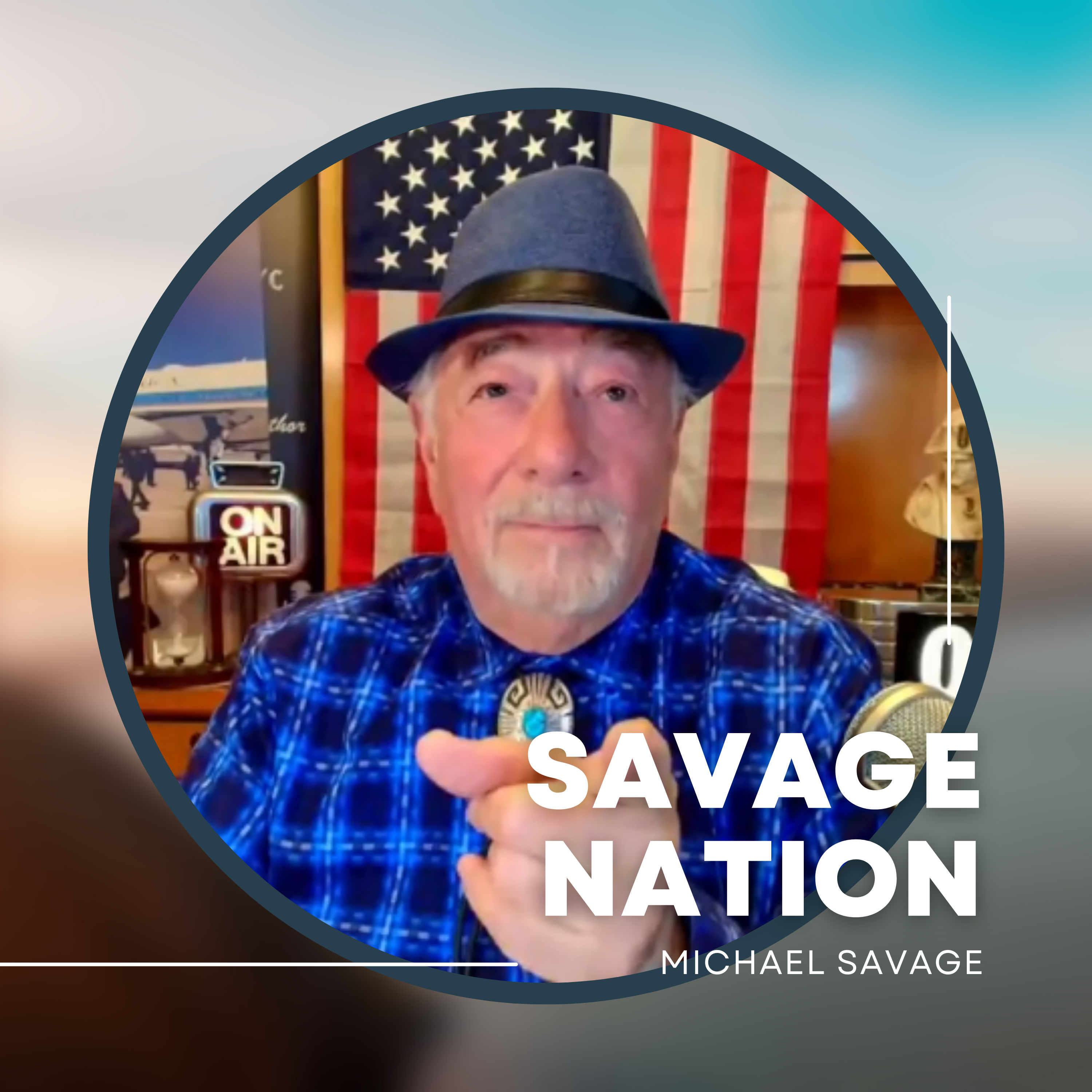
Think First with Jim Detjen
Think First is a short-form podcast that makes you pause — before you scroll, share, or believe the headline.
Hosted by Jim Detjen, a guy who’s been gaslit enough to start a podcast about it, Think First dives into modern narratives, media manipulation, and cultural BS — all through the lens of gaslighting and poetic truth.
Some episodes are two minutes. Some are an hour. It depends on the story — and the energy drink situation.
No rants. No lectures. Just sharp questions, quick insights, and the occasional laugh to keep things sane.
Whether you’re dodging spin in the news, politics, or that “trust me, bro” post in your feed… take a breath. Think first.
Visit Gaslight360.com/clarity to sharpen your BS filter and explore the 6-step clarity framework.
🚨Distorted is set to release on February 10, 2026, and pre-orders are now available on Ingram, Amazon, and Barnes & Noble.
Reserve your copy today — and join me in cutting through the distortion.
Paperback and Kindle: Amazon
Hardcover: Barnes & Noble
Think First with Jim Detjen
🔸 Poetic Truth · When Feeling Replaces Fact
What if the most powerful lies… don’t look like lies at all?
In this episode of Think First, we unpack poetic truth — the kind of storytelling that sounds noble, feels right, and spreads fast… even when it’s not true. From history to Hollywood, we break down how emotional narratives are replacing reality — and why challenging them comes with a cost.
Because when facts become optional… the loudest feelings win.
Stay sharp. Stay skeptical. #SpotTheGaslight
Read and reflect at Gaslight360.com/clarity
Welcome to The Reframe, a Saturday edition of Think First by Gaslight360, where we step back from the noise to sharpen the lens itself. Because if you want to spot gaslighting, you need to know how your own brain works first. Each week, we break down one tool, one concept, or one blind spot. Something that helps you think smarter, ask better questions, and stay grounded in what's real. This isn't about staying neutral. It's about staying clear. So, let's reframe it. What happens when we stop asking, is it true? And start asking, does it feel true enough? That's the trap of poetic truth. It's not truth in the literal sense. It's emotional truth. Symbolic truth. Truth that works better as a headline than a history book. And once it enters the bloodstream of a culture, good luck getting it out without being called heartless, hateful, or worse, rational. When did we decide that intentions matter more than evidence? Why do certain narratives survive? Even when the facts don't. Who gets to decide what's true in spirit? And when did I feel like become a substitute for I know? Poetic truth doesn't shout, this is false. It whispers, but doesn't this feel right? It's not a lie. Not exactly. It's more like a myth that skipped the footnotes. And it's everywhere. In the classroom. On your feed. In your Netflix queue. Shaping not just how we think, but what we're allowed to say. In history, America was founded on slavery. It sounds sweeping, profound, condemning, but it flattens every nuance, every contradiction, every uncomfortable detail about the actual founding. It's not wrong because it's evil. It's wrong because it's incomplete. But say that out loud and you're suddenly defending the indefensible. In gender, there's no real difference between men and women. except in biology, sports, brain scans, hormone levels, and, well, lived experience. But poetic truth doesn't care about physical reality. It cares about how inclusive your language sounds. In climate, we have 10 years left to save the planet. Maybe, maybe not. The models shift. The data's debated. But the poetic version? That sells. That rallies. that fund-raises, and if you challenge it, you're suddenly pro-pollution and anti-science. In race, only white people can be racist. Not because that's what racism is, but because that's what the framework feels like now. Justice redefined not by action or intent, but by who's allowed to speak. In economics, billionaires exist because others are poor. It sounds like justice until you realize it's a vibe, not a variable, a poetic truth that ignores innovation, investment, and risk. But hey, nuance doesn't fit on a protest sign. In pop culture, representation is more important than story. Hollywood used to ask, is the script good? Now it asks, is the cast diverse enough? Identity has replaced narrative and questioning it makes you the villain. So we get reboots that lecture, franchises that flop, and critics who praise movies no one actually likes. Because in poetic truth, authenticity isn't about art. It's about optics. Poetic truth thrives because it's easy. It makes you feel enlightened without having to wrestle with complexity. It wraps emotion in the language of certainty and punishes the people who dare to untangle it. Because challenging poetic truth doesn't just make you wrong, it makes you cruel. So how do you push back on a story that feels good but falls apart when you squint? Start by asking better questions. Start by noticing the shape of the story, not just the soundtrack. And always, always check if the truth you're being handed is actually true or just beautifully told. Clarity isn't about cynicism. It's about seeing past the surface. And remember, just because a story moves you doesn't mean it's moving us forward. Truth doesn't need to feel poetic. It just needs to be true. I started Think First to push back against the gaslighting and the poetic truths that keep showing up in the news, in politics, and in everyday life. But it's grown into something bigger. If these episodes help you think differently or just help you see things more clearly, you can support what we're building at buymeacoffee.com slash gaslight360. No ads, no sponsors whispering in our ear, just real talk. And your support helps keep it that way. Whether it's one time or monthly, it means more than you know. So thanks, seriously, for listening, for thinking, for asking the questions they don't want you asking.
Podcasts we love
Check out these other fine podcasts recommended by us, not an algorithm.
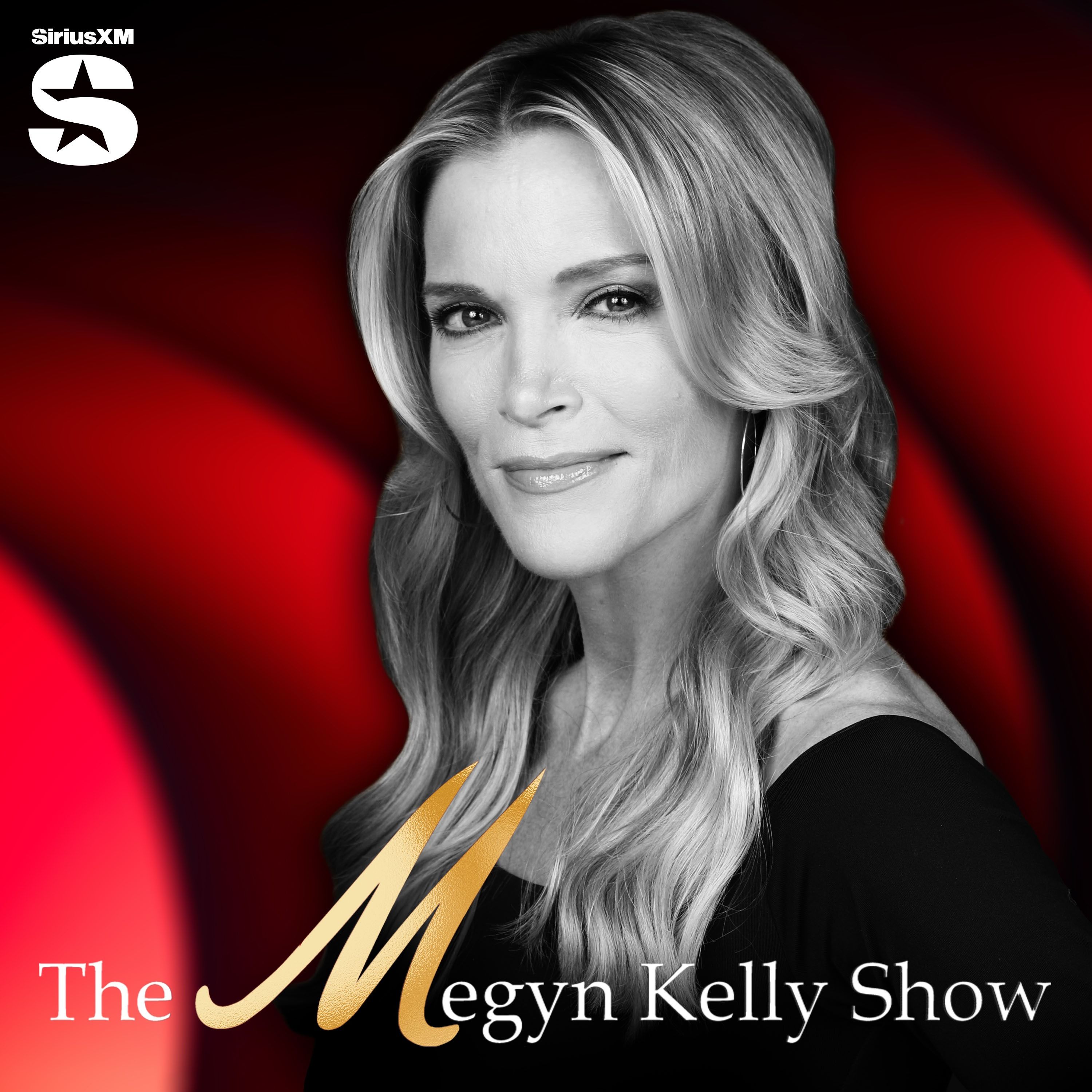
The Megyn Kelly Show
SiriusXM
Hidden Brain
Hidden Brain, Shankar Vedantam
The Tucker Carlson Show
Tucker Carlson Network
Cato Podcast
Cato Institute
The Joe Rogan Experience
Joe Rogan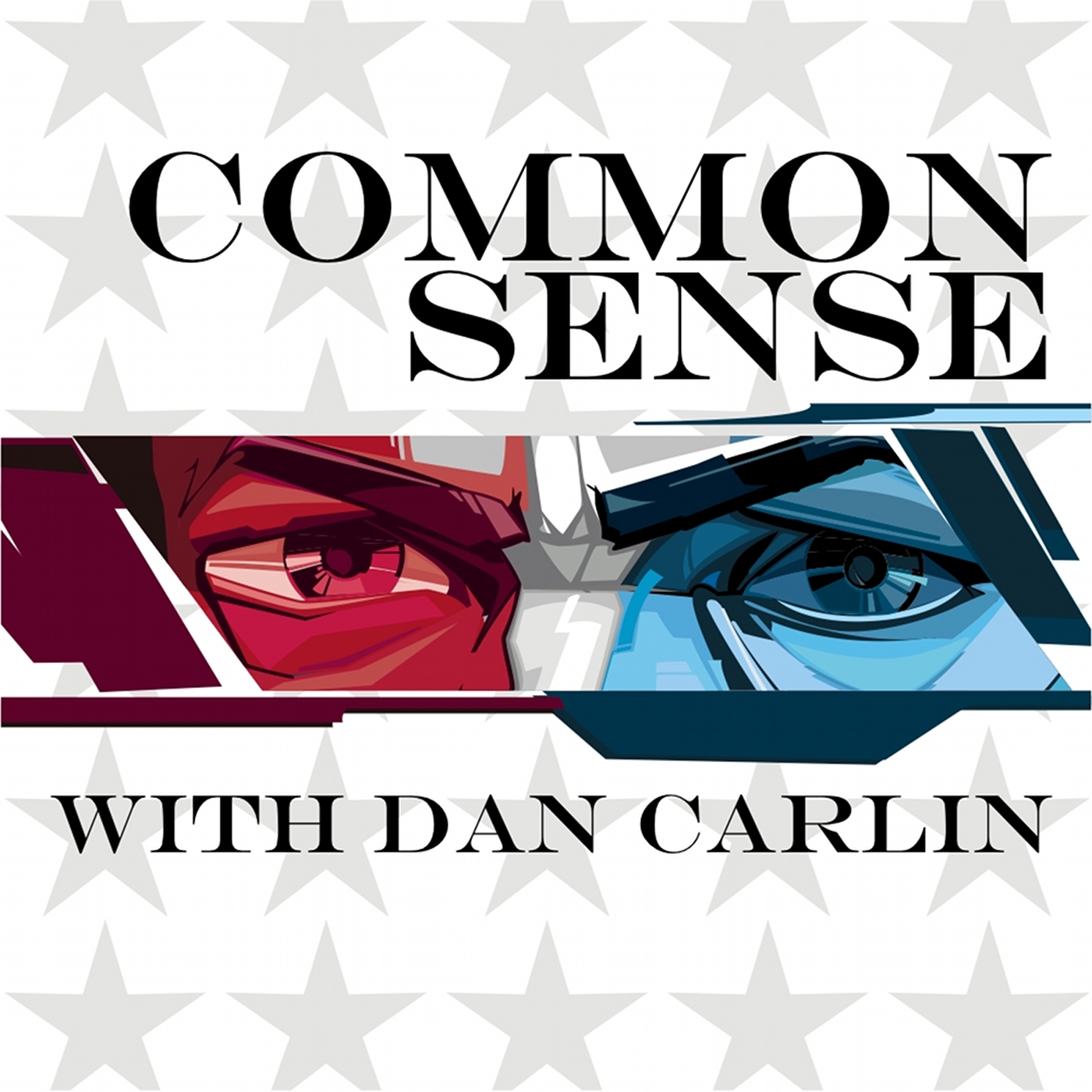
Common Sense with Dan Carlin
Dan Carlin
The Clay Travis and Buck Sexton Show
iHeartPodcasts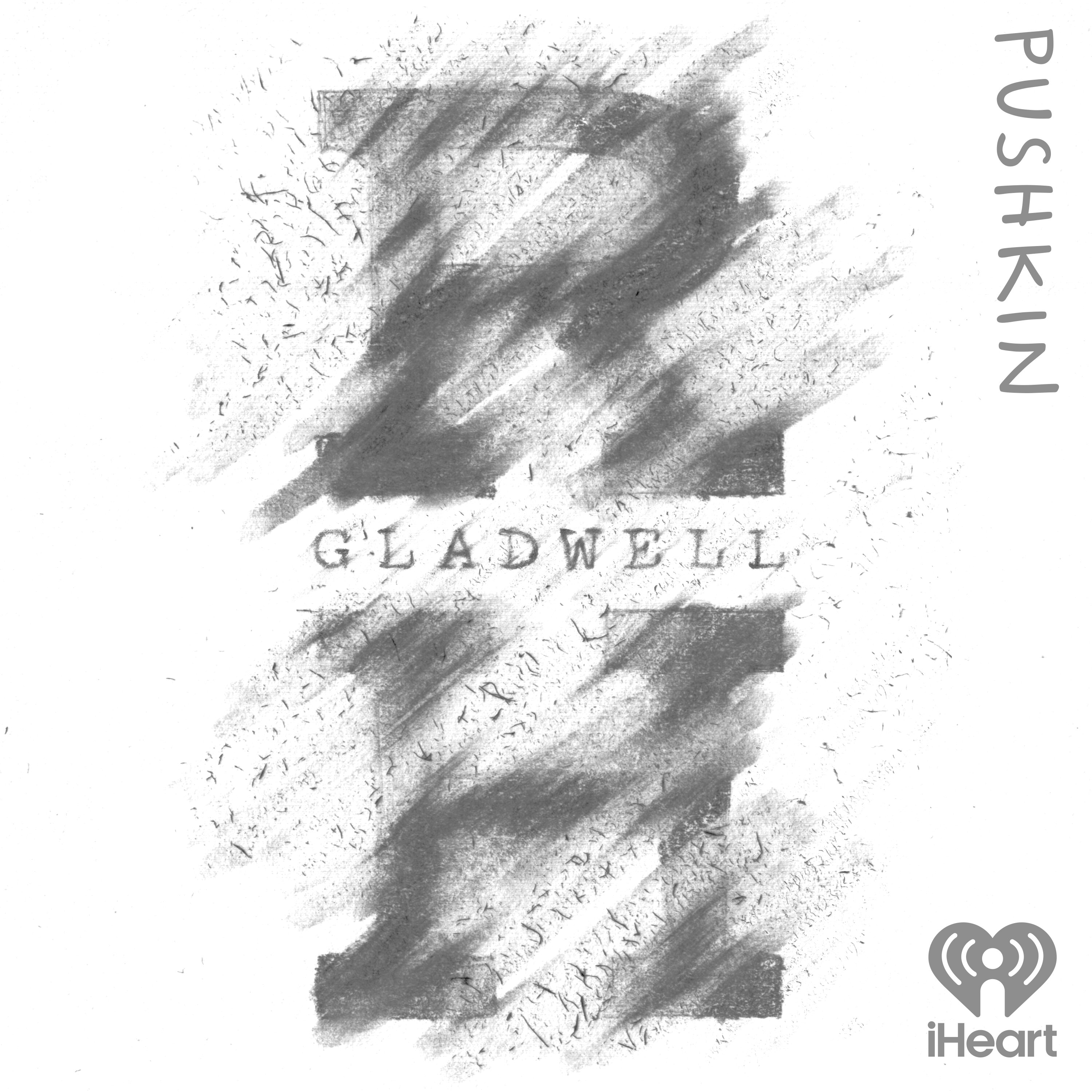
Revisionist History
Pushkin Industries
Freakonomics Radio
Freakonomics Radio + Stitcher
Fearless with Jason Whitlock
Blaze Podcast Network
The Daily Beans
MSW Media
The Glenn Beck Program
Blaze Podcast Network
Countermine
Dondi&Karlin
The Shawn Ryan Show
Shawn Ryan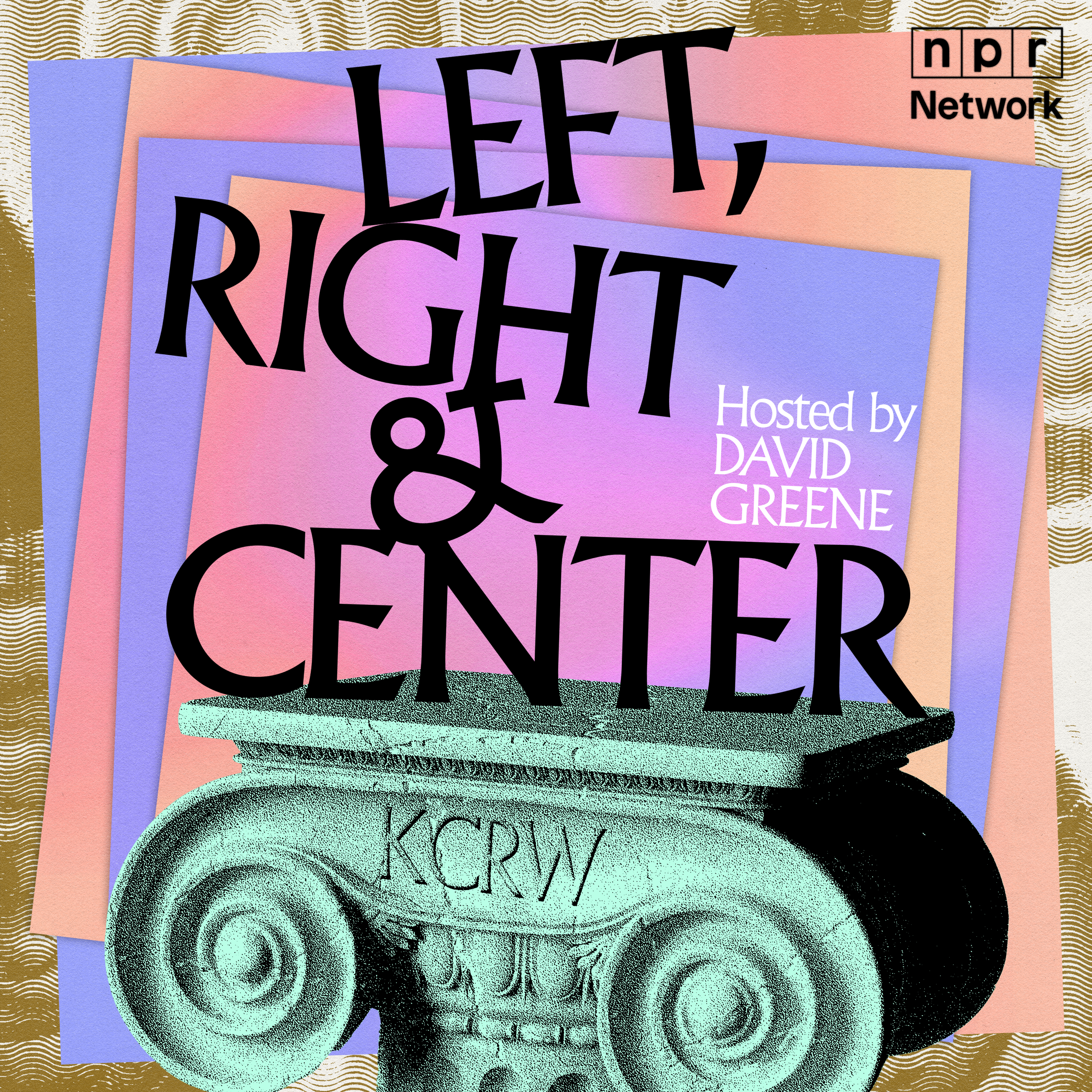
Left, Right & Center
KCRW
Political Gabfest
Slate Podcasts
Stuff You Should Know
iHeartPodcasts
TED Talks Daily
TED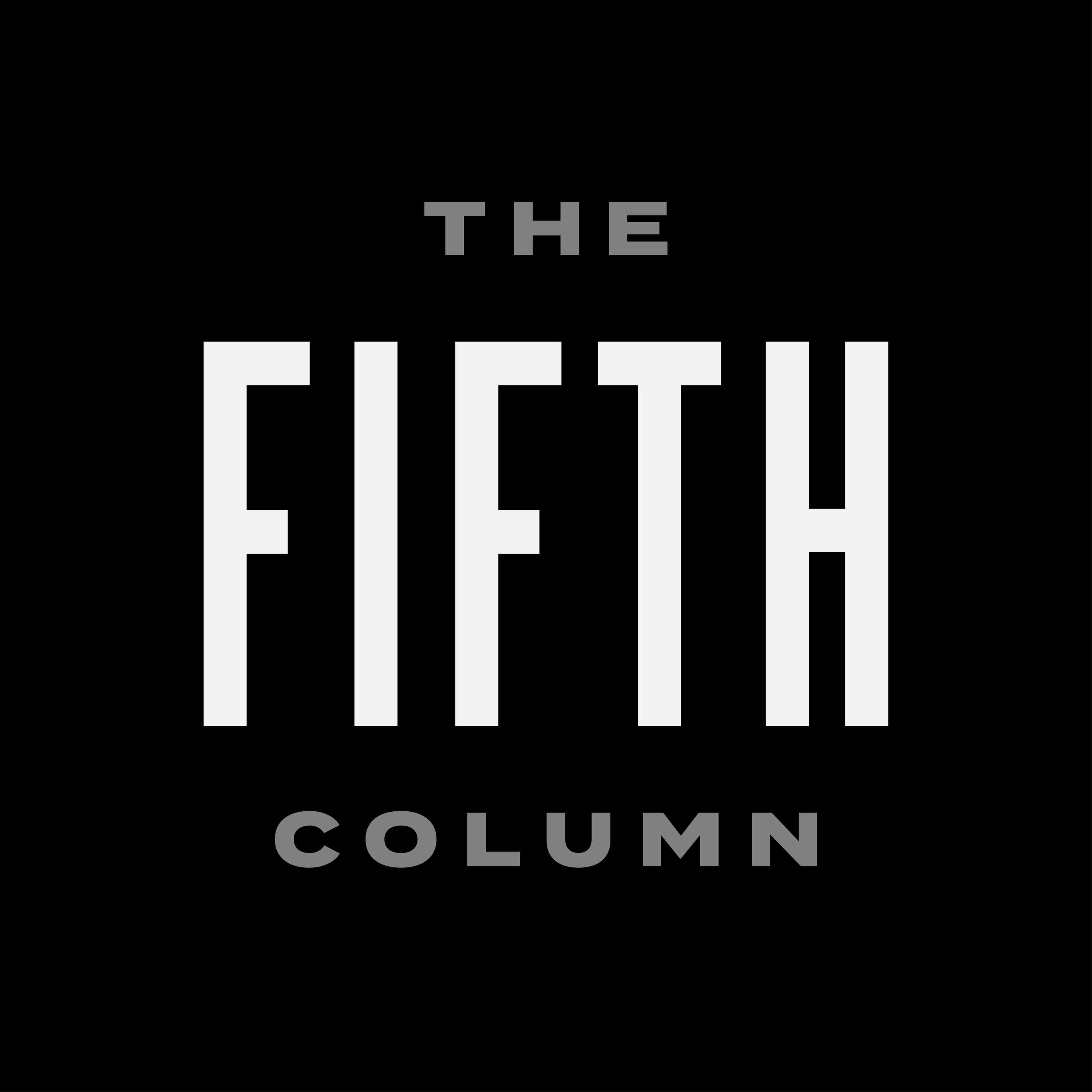
The Fifth Column
Kmele Foster, Michael Moynihan, and Matt Welch
The Jesse Kelly Show
iHeartPodcasts
The Jordan B. Peterson Podcast
Dr. Jordan B. Peterson